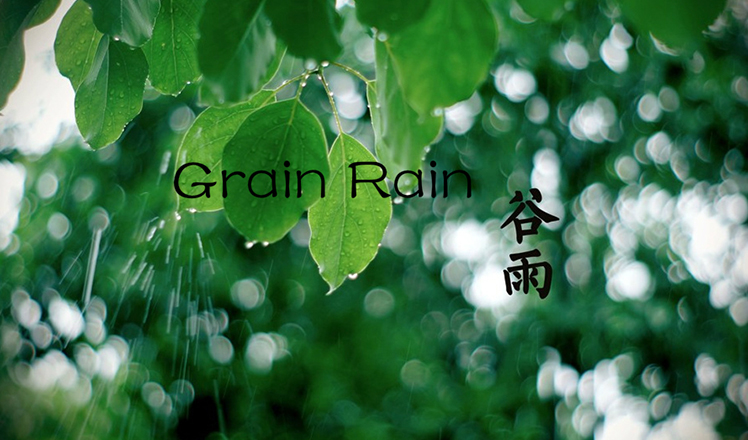Work on Bard's sonnets gives readers a modern flavor
Updated: 2016-04-20 09:08
By Mei Jia(China Daily)
|
||||||||
 |
|
Ye Xiumin. [Photo by Feng Yongbin/China Daily] |
In Ye Xiumin's words, William Shakespeare-in his sentimental and philosophical way-was a great lover, who was also afraid of darkness.
Reading and translating the Bard's sonnets she realized how much of a poet he was, in addition to being one of the world's finest playwrights.
"I see how loyal he is to the 'fair youth' that he has hundreds of ways to praise the person's beauty, without repetition of phrases. I also see his hesitation in expressing his love because of the age gap between them," Ye, 46, tells China Daily at a cafe in Beijing, speaking of one of Shakespeare's sonnets.
According to historians, the Bard dedicated many of his sonnets to a young man and a few to a young woman.
Along with the rest of the world, China is marking the 400th anniversary of Shakespeare's death this year with a series of cultural events.
Ye will release her book dedicated to Shakespeare on World Book Day, this Saturday, she says.
She hopes to help Chinese readers understand Shakespeare's sonnets better through Across 400 Years to Reach You, her well-illustrated book that not only translates his words about also interprets their meaning.
The book has been published by China Youth Publishing Group.
"I want to bring the sonnets' beauty to beholders in a manner that non-English speaking readers can see Shakespeare as a poet, too," says Ye.
Her attempts are also to change the general notion that poetry can't be translated.
To critic Zhang Yimeng, the Bard's sonnets have been lost on many Chinese readers due to translation issues.
There have been a few successful Chinese translations in the past century, but Zhang says more needs to be done.
"The dozen or so Chinese translations were mostly done by academics (instead of poets), whose literal translations were faithful to original text in meaning and format but lack a poetic mood and aesthetic elegance-the very features that make poetry popular and memorable."
- US presidential hopefuls battle for New York on eve of primaries
- AP, Reuters, New York Times among 2016 Pulitzer Prize winners
- US voters' anger over big money in politics mounts
- Japan quake survivors struggle with shortages
- Possible MH370 debris found in S. Africa being examined in Australia
- More cooperation among China, Russia, India in global affairs: Chinese FM

 Reuters' Pulitzer-winning photos of migrant crisis in Europe
Reuters' Pulitzer-winning photos of migrant crisis in Europe
 Young people invent bicycle wheel hub charger
Young people invent bicycle wheel hub charger
 Culture Insider: Five things you may not know about Grain Rain
Culture Insider: Five things you may not know about Grain Rain
 Smart age makes a billionaire in six years
Smart age makes a billionaire in six years
 China's last steam locomotive is to disappear
China's last steam locomotive is to disappear
 British royal couple visits the Taj Mahal
British royal couple visits the Taj Mahal
 The world in photos: April 11- April 17
The world in photos: April 11- April 17
 PLA plane lands at Yongshu Jiao reef to help patients
PLA plane lands at Yongshu Jiao reef to help patients
Most Viewed
Editor's Picks

|

|

|

|

|

|
Today's Top News
China's finance minister addresses ratings downgrade
Duke alumni visit Chinese Embassy
Marriott unlikely to top Anbang offer for Starwood: Observers
Chinese biopharma debuts on Nasdaq
What ends Jeb Bush's White House hopes
Investigation for Nicolas's campaign
Will US-ASEAN meeting be good for region?
Accentuate the positive in Sino-US relations
US Weekly

|

|







